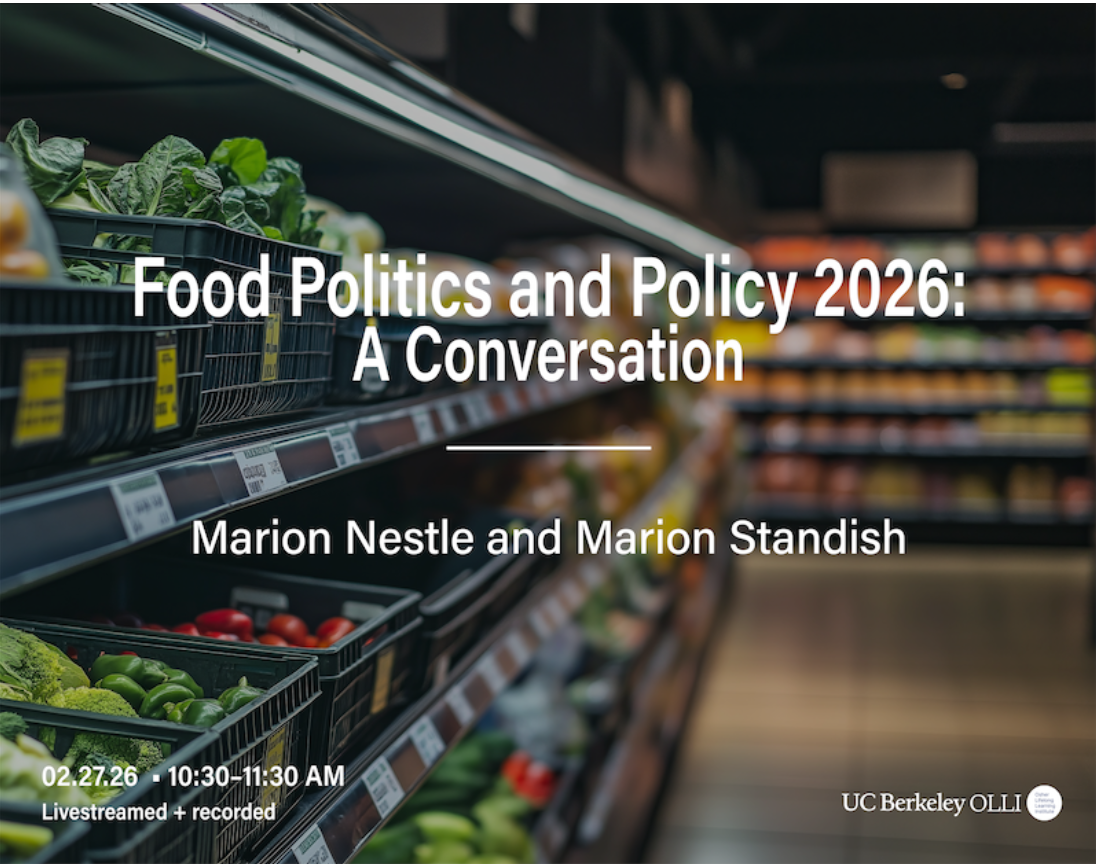Industry-funded study of the week: blueberries and menopause
NutraIngredients, a newsletter I read daily, caught my eye with this headline:
Blueberries benefit postmenopausal women with high blood pressure: Study: Daily blueberry consumption improves endothelial function in postmenopausal women with high blood pressure, according to a recent study…. Read more
I looked it up, of course.
- The study: Daily blueberry consumption for 12 weeks improves endothelial function in postmenopausal women with above-normal blood pressure through reductions in oxidative stress: a randomized controlled trial. Food Funct., 2023,14, 2621-2641
- Objective: “to examine the efficacy of blueberries to improve endothelial function and blood pressure in postmenopausal women with above-normal blood pressure, and to identify potential mechanisms for improvements in endothelial function.”
- Method: Postmenopausal women with elevated blood pressure or hypertension were given 22 g/day of freeze-dried highbush blueberry powder or placebo powder for 12 weeks.
- Findings: The sum of plasma (poly)phenol metabolites increased in the blueberry group compared to baseline, and were higher than the placebo group. Increases in several plasma flavonoid and microbial metabolites were also noted. No major differences were found for blood pressure, arterial stiffness, blood biomarkers, or endothelial cell protein expression following blueberry consumption (my emphasis).
- Conclusion: “These findings suggest daily consumption of freeze-dried blueberry powder for 12 weeks improves endothelial function through reduced oxidative stress in postmenopausal women with above-normal blood pressure”
- Conflicts of interest: There are no conflicts to declare.
- Acknowledgements: This research was funded by the US Highbush Blueberry Council, the USDA National Institute of Food and Agriculture [Grant No. 2020-67017-30833/Project Accession No. 1021875], and the College of Health and Human Sciences at Colorado State University.
Comment: Yes there is a conflict of interest, but the authors don’t seem to recognize it. This is a classic case of interpretation bias; the study didn’t show much of anything but the authors conclude that blueberry powder does some good.
High marks to NutraIngredients for disclosing the funding source right at the top of the article:
Published in the journal Food and Function, the study was supported by the US Highbush Blueberry Council and the USDA National Institute of Food and Agriculture.
*******
For 30% off, go to www.ucpress.edu/9780520384156. Use code 21W2240 at checkout.




